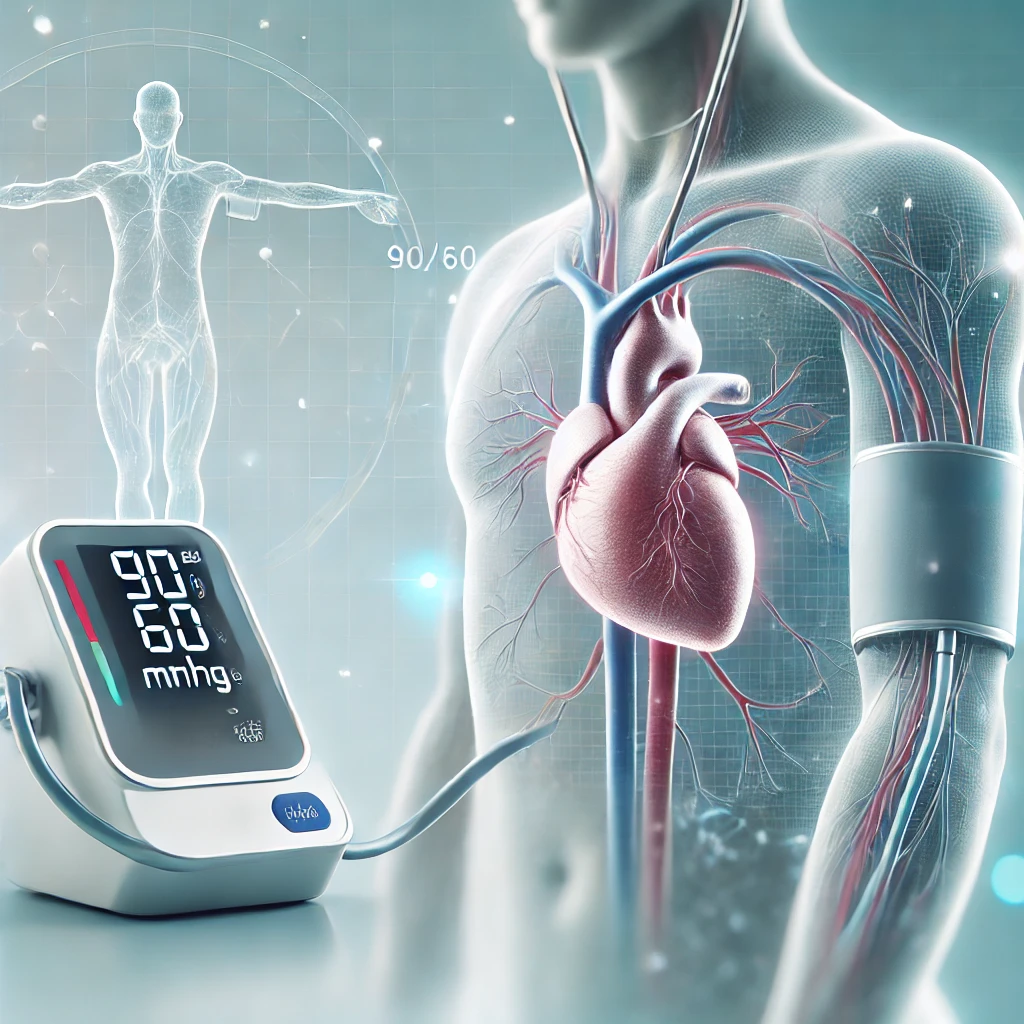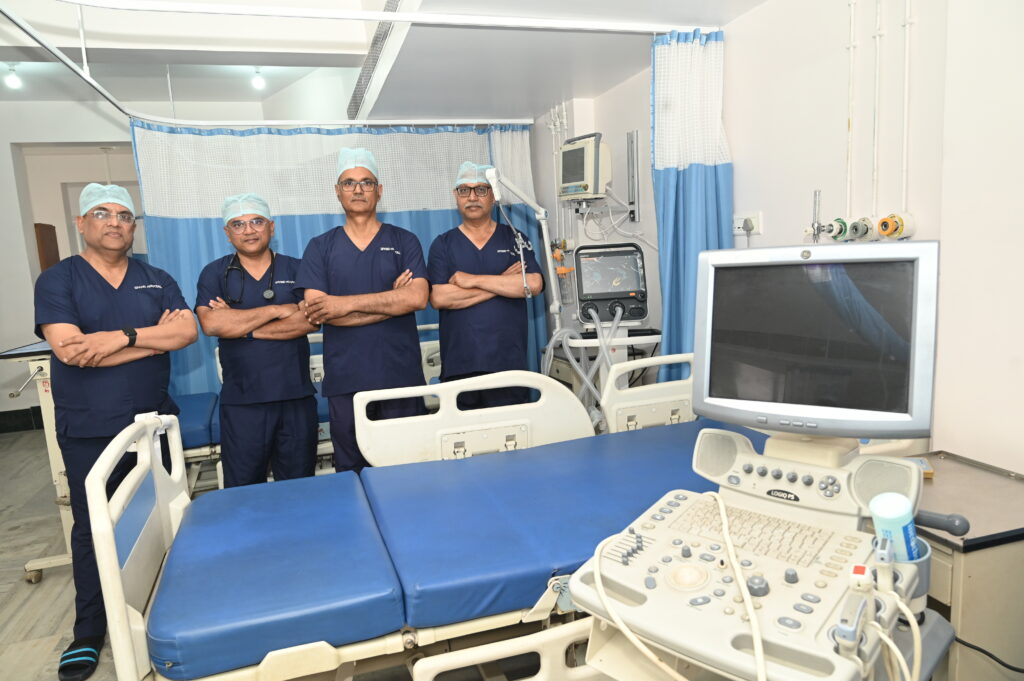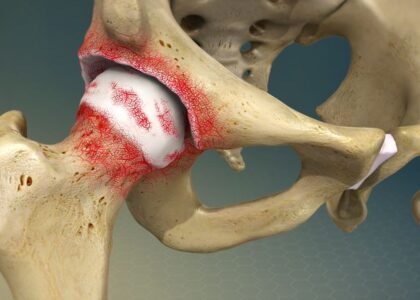Understanding Low Blood Pressure
Low blood pressure, also known as hypotension, is a condition where the blood pressure in your arteries falls below the normal range. While high blood pressure is often discussed due to its risks, low blood pressure can also pose significant health concerns, especially if left unmanaged. At Spand Multispeciality Hospital, recognized as the best multispeciality hospital in Jamshedpur, we are committed to raising awareness about this often-overlooked condition and providing comprehensive care for those affected.
What is Low Blood Pressure?
Blood pressure is the force of blood pushing against the walls of your arteries as your heart pumps. It’s measured in millimeters of mercury (mmHg) and recorded as two numbers: systolic pressure (when the heart beats) over diastolic pressure (when the heart rests between beats). Normal blood pressure typically ranges around 120/80 mmHg. When blood pressure drops below 90/60 mmHg, it is considered low.

Causes of Low Blood Pressure
Low blood pressure can be caused by a variety of factors, including:
- Dehydration: Lack of adequate fluids in the body can lead to a drop in blood pressure.
- Heart Problems: Conditions such as heart valve issues, heart attack, or heart failure can result in low blood pressure.
- Endocrine Issues: Hormonal imbalances, such as those caused by thyroid disorders or adrenal insufficiency, can lower blood pressure.
- Severe Infection (Septicemia): This can cause a significant drop in blood pressure, leading to septic shock.
- Blood Loss: Significant loss of blood from an injury or internal bleeding reduces the amount of blood in the body, causing low blood pressure.
- Nutritional Deficiencies: Lack of essential vitamins like B12 and folate can prevent your body from producing enough red blood cells, leading to low blood pressure.
Symptoms of Low Blood Pressure
Low blood pressure can cause a variety of symptoms, including:
- Dizziness or lightheadedness
- Fainting (syncope)
- Blurred or distorted vision
- Nausea
- Fatigue
- Lack of concentration
If you experience these symptoms, especially if they are frequent or severe, it’s important to seek medical advice from experts. As the top hospital in Jamshedpur, Spand Multispeciality Hospital offers specialized care to diagnose and manage low blood pressure effectively.
Managing Low Blood Pressure
Treatment for low blood pressure depends on its cause. Some general management strategies include:
- Increased Fluid Intake: Drinking more water can help increase blood volume, preventing dehydration-related hypotension.
- Dietary Changes: Consuming small, frequent meals and adding more salt to your diet can help raise blood pressure.
- Medications: In some cases, medications may be prescribed to manage symptoms or the underlying cause.
- Compression Stockings: Wearing compression stockings can help prevent blood from pooling in the legs and improve blood circulation.
At Spand Multispeciality Hospital, our team of skilled doctors and healthcare professionals works closely with patients to create personalized treatment plans. We understand that each patient’s condition is unique, and we are dedicated to providing the highest quality care tailored to individual needs.










